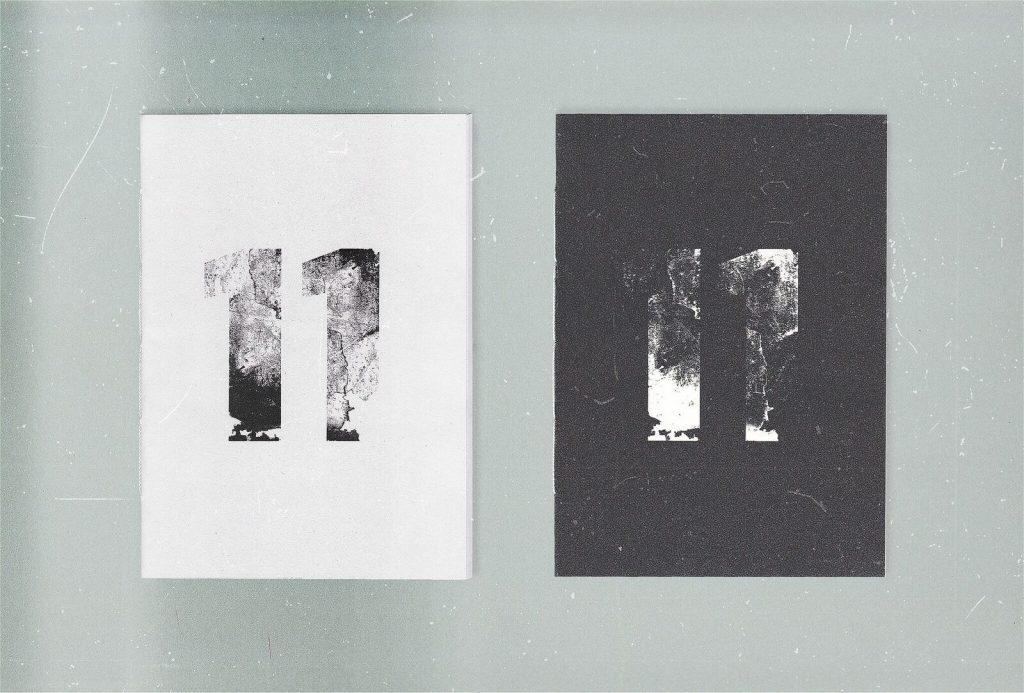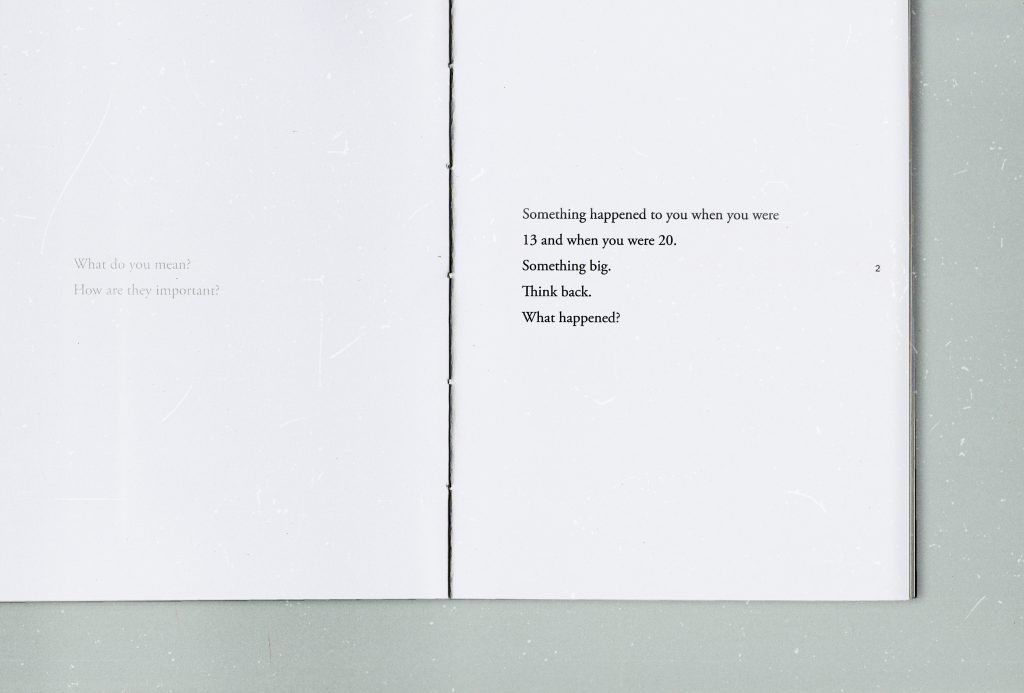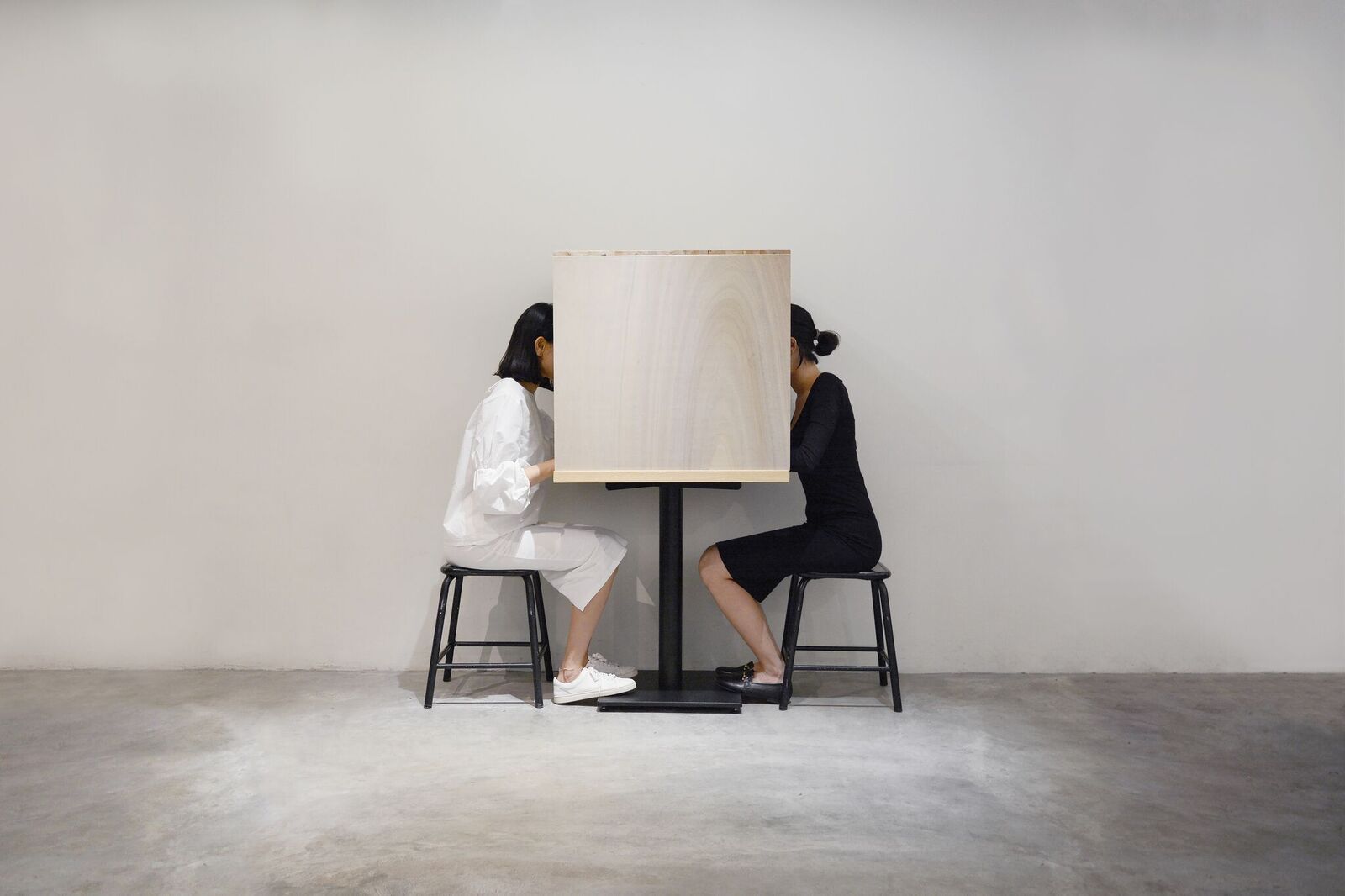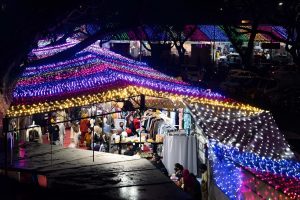Like many Singaporeans, I make a run for it whenever I hear the phrase ‘performance art’. First-class arts degree notwithstanding, I’m the first to admit I do not understand the half of it. 99% of the time, I sit bewildered in the cheap seats, trying to stave off boredom as the artist weeps, or monologues, or contorts one sinewy shoulder into a simile for alienation, all the while wondering, “Why can’t they just write a play?”
When the show is over and the drinks are poured, I mumble something dumb about ‘Marina Abramovic’, because she is the only performance artist I’ve heard of—thanks to that 2012 collab with Lady Gaga.
All of this makes me narrow-minded, ignorant, and totally unqualified to review the new performance piece ‘11’. Which is a shame because I thoroughly enjoyed the experience.
Now showing at Telok Ayer Arts Club, ‘11’ is the brainchild of Dawn Ng, a visual artist whose previous work includes art installations, photography, collages, and most famously, Walter, a giant white bunny splayed nonchalantly across the Singapore Art Museum’s lawn like a beached whale.
‘11’, however, is a entirely different sort of animal. Although the press release calls it a performance piece, it’s not Ms Ng who is performing, but you. It is ‘experiential’, you see, so instead of a professional cast, the ‘roles’ are played by your fellow audience members, who are divided into 11 pairs and thrust into the limelight holding Ms Ng’s script.
If you are struggling to understand the premise or experiencing stage fright from the idea of having to act, don’t worry. It’s neither complicated nor daunting. The first step is—I kid you not—to choose between a sweet or salty cocktail.
Once you’ve sucked down the alcohol, you are led into a dimly lit room and seated in a sound-proof cubicle, opposite one of your fellow audience members.

Except you’re not Hamlet, but a judgmental Singaporean taxi driver. And Polonius, played by your partner, is a Singaporean student returned from abroad and irritated AF by your banter/talking cock.
When you’re done reading, you re-assume the faith healing position, eyes closed, hands together, total silence. The gong sounds again and you get up and move to the seat on your right, where you will begin the whole process all over again with a different partner.
This time, you are a fortune-teller and your partner is a client seeking advice for the new year.
Before you can fully process the meaning of what you’ve read, the gong will sound again, transforming you into a ghost or an annoying doctor.
Or perhaps Siri.
No time to consider, just do your best Robocop impression and try not to giggle when your partner asks if you love him.

The entire experience feels like a drama elective crossed with speed-dating crossed with eavesdropping in a crowded restaurant because you and your date have run out of chemistry. It also reminded me of David Mitchell’s 2004 book Cloud Atlas because ‘11’ is always thrusting you—without warning—into new scenarios with new characters.
A comparison with Tinder seems inevitable, but off-the-mark. Tinder conversations are nowhere as fantastical or honest as the back-and-forth in ‘11’. There are no halting introductions or predictable come-ons in Dawn Ng’s piece; you enter each scene when it’s already in mid-flow and it quickly takes a few strange-but-dramatic turns from there.
Sometimes, it’s funny and absurd and anti-climactic. Other times, it’s sad and morbid and dark. In almost every vignette, you get a sense of disconnect. If there’s an underlying theme uniting the ‘11’ dialogues, I suspect that it’s a meditation on the way we communicate. Or rather, fail to communicate. The characters speak to one another, but they never ‘get’ each other or truly understand each other’s fears, traumas, or longings.
The strangest thing is, you feel a lot more ‘connected’ when you’re sitting there in silence, waiting for the gong to sound.
So, is ‘11’ a meditation on the limits of communication? Or is Ms Ng trying to articulate something about the familiar idioms—taxi conversations and hungry ghosts—which bind Singapore?
Or is the performance some kind of meta-thing about the ways in which we, as people, are constantly performing, on social media and in real life?
I honestly do not know the answer.
What I do know, however, is that the show is engaging, accessible, and fun, even for the Professional Cynics. You have to be dead inside to not enjoy, at least a little bit, the chance to play a horny ghost or a CB Private-hire Driver. After all, only a hardcore narcissist wants to be trapped inside themselves 24/7.
For the rest of us, it’s both liberating and thought-provoking to inhabit, however briefly, all the other absurd lives we’ve never lived.





